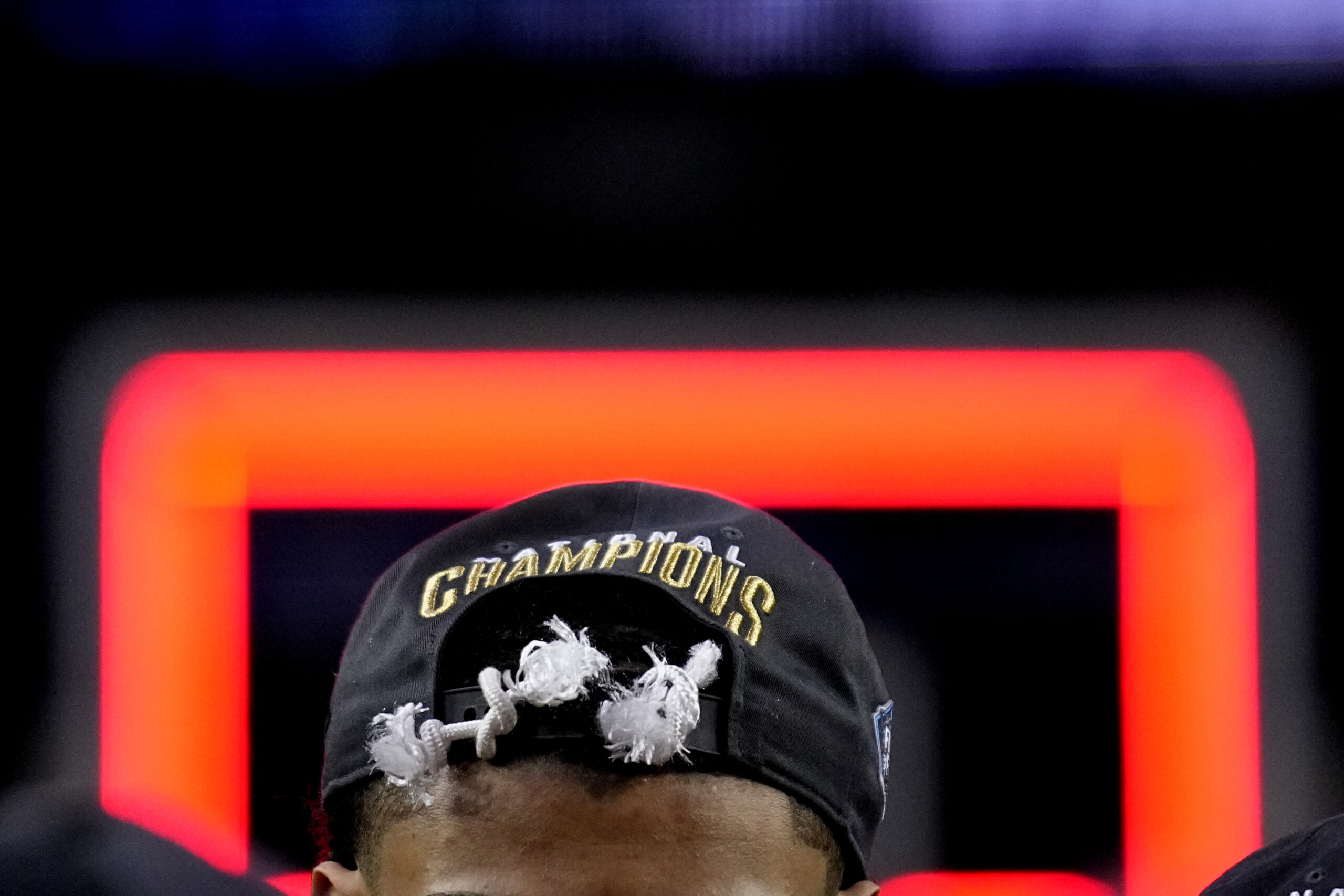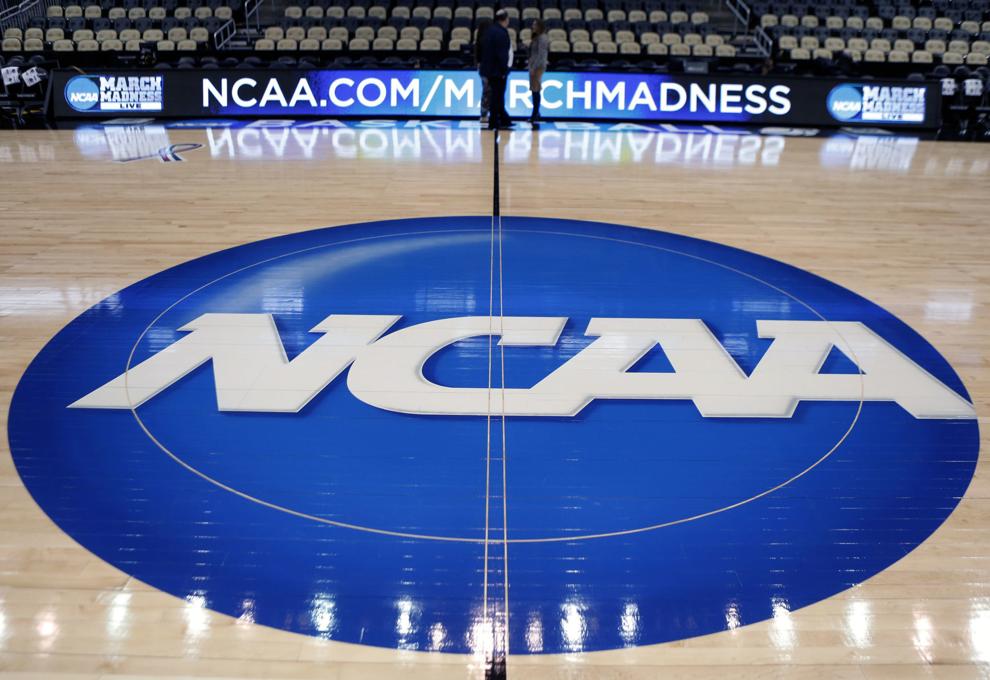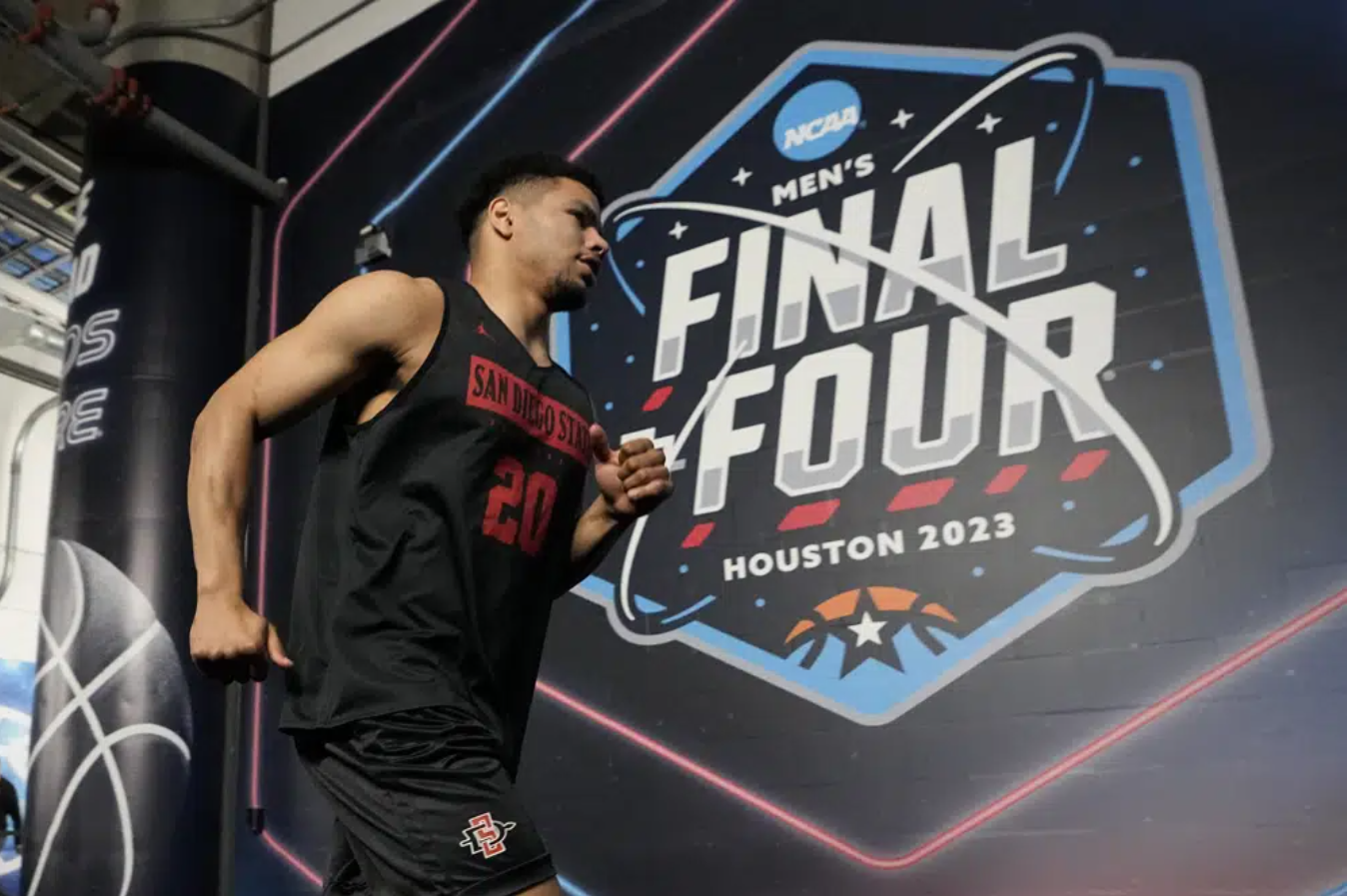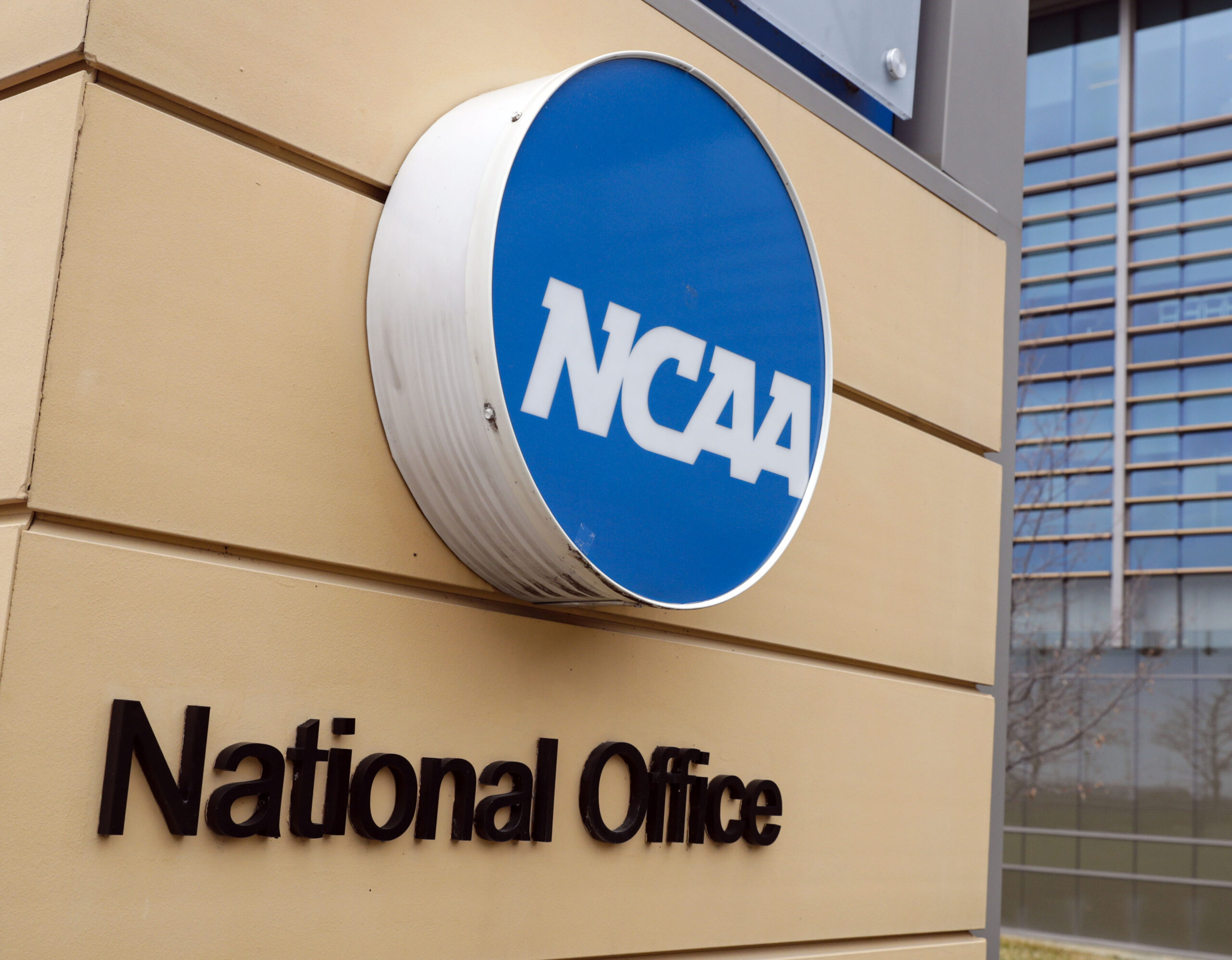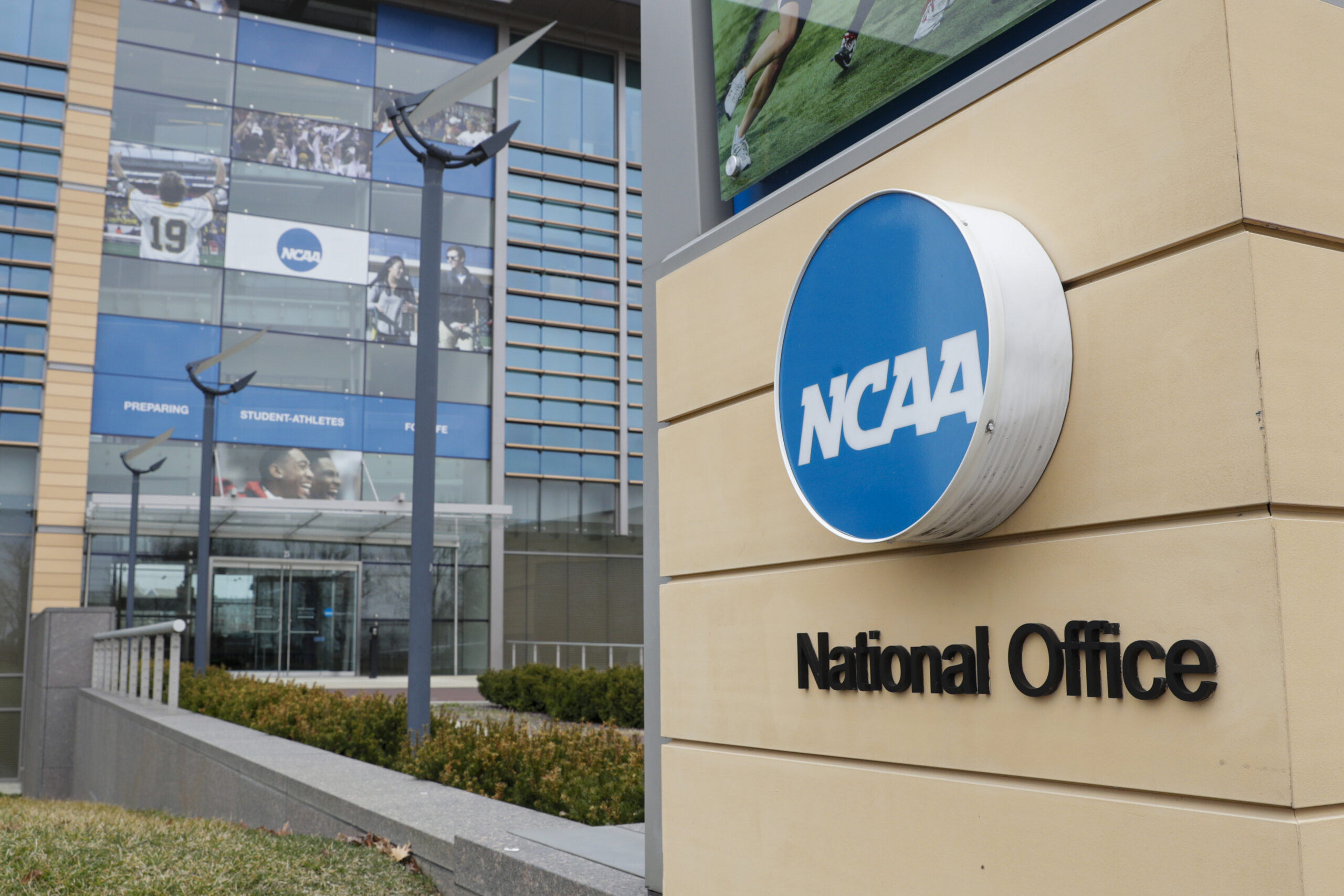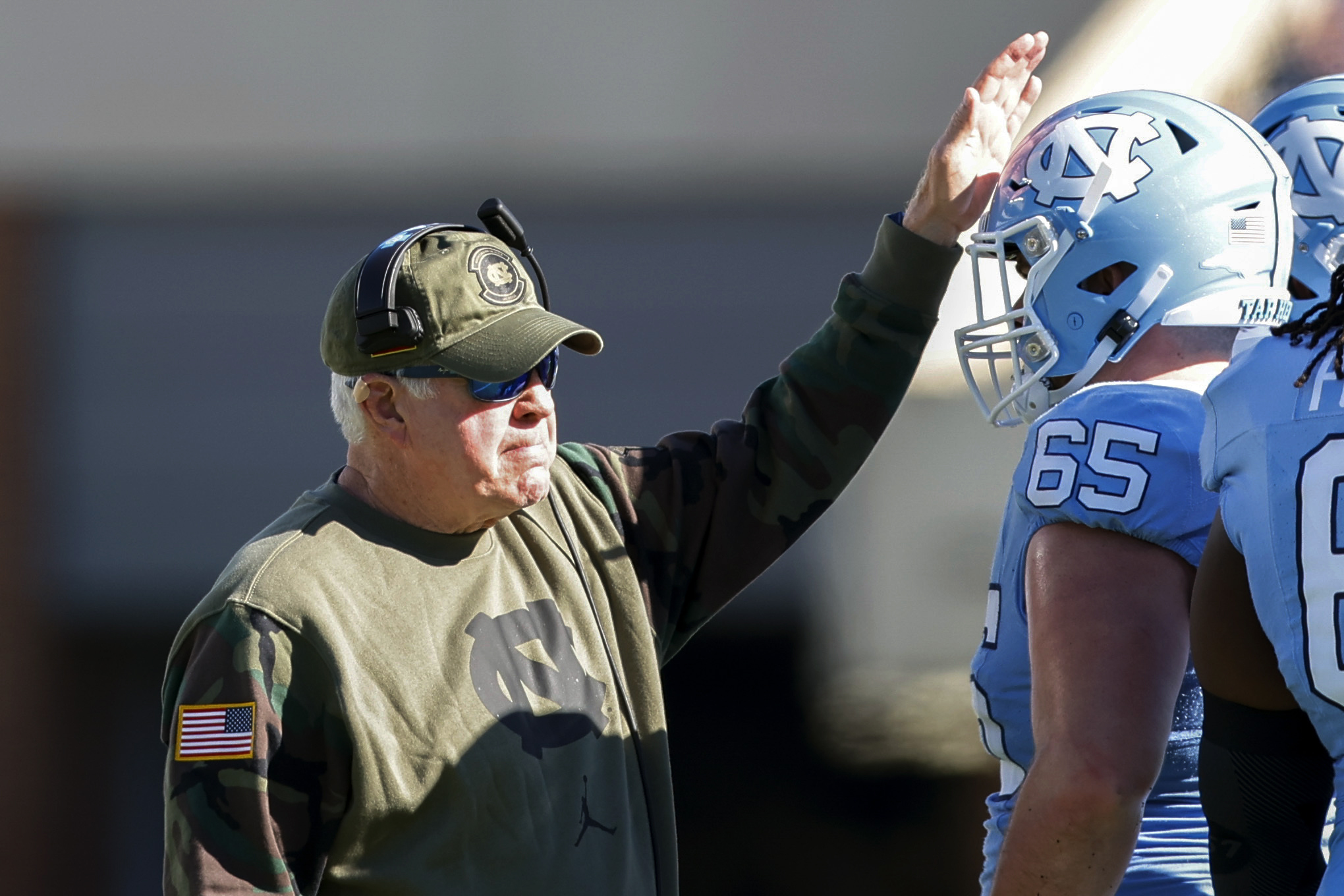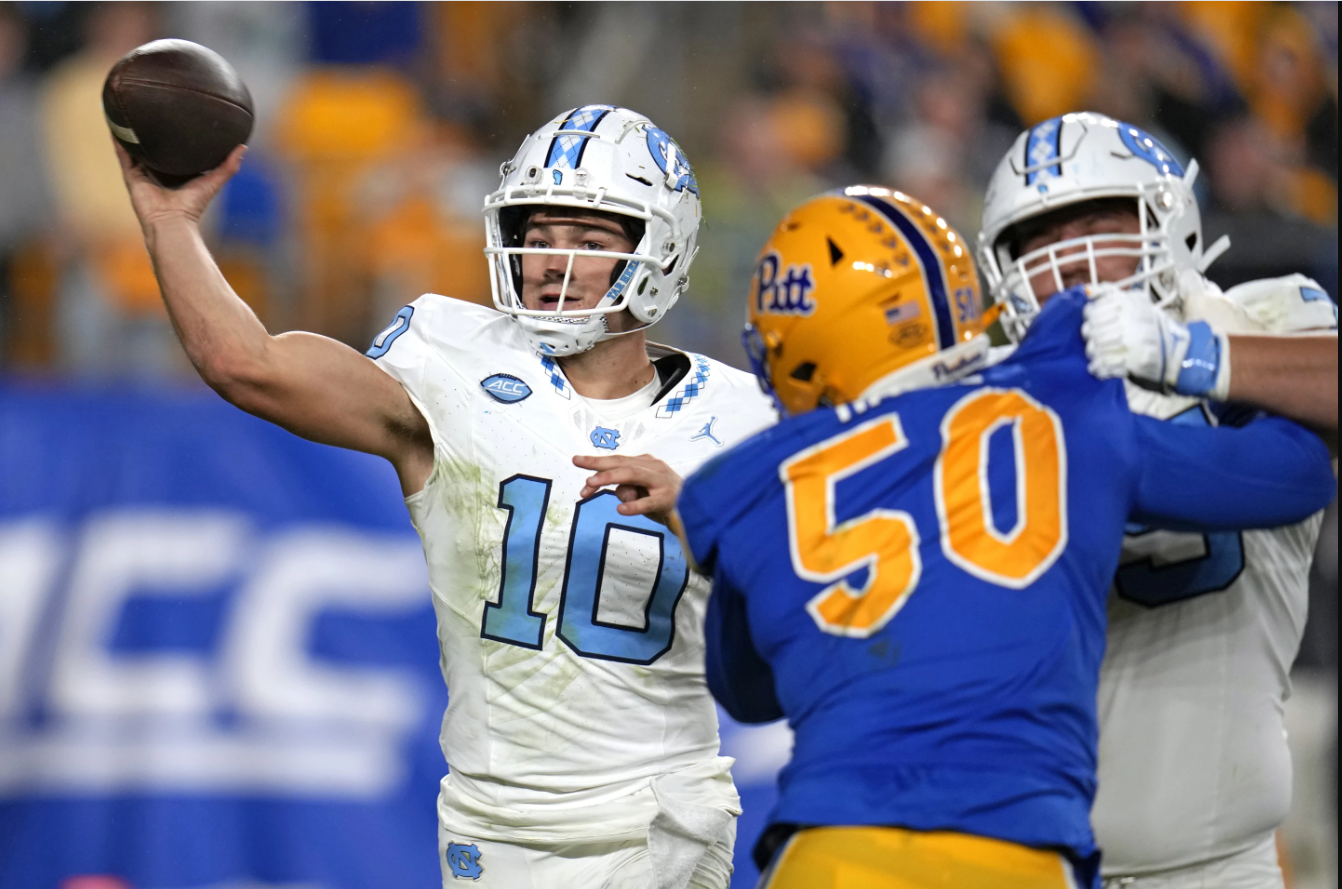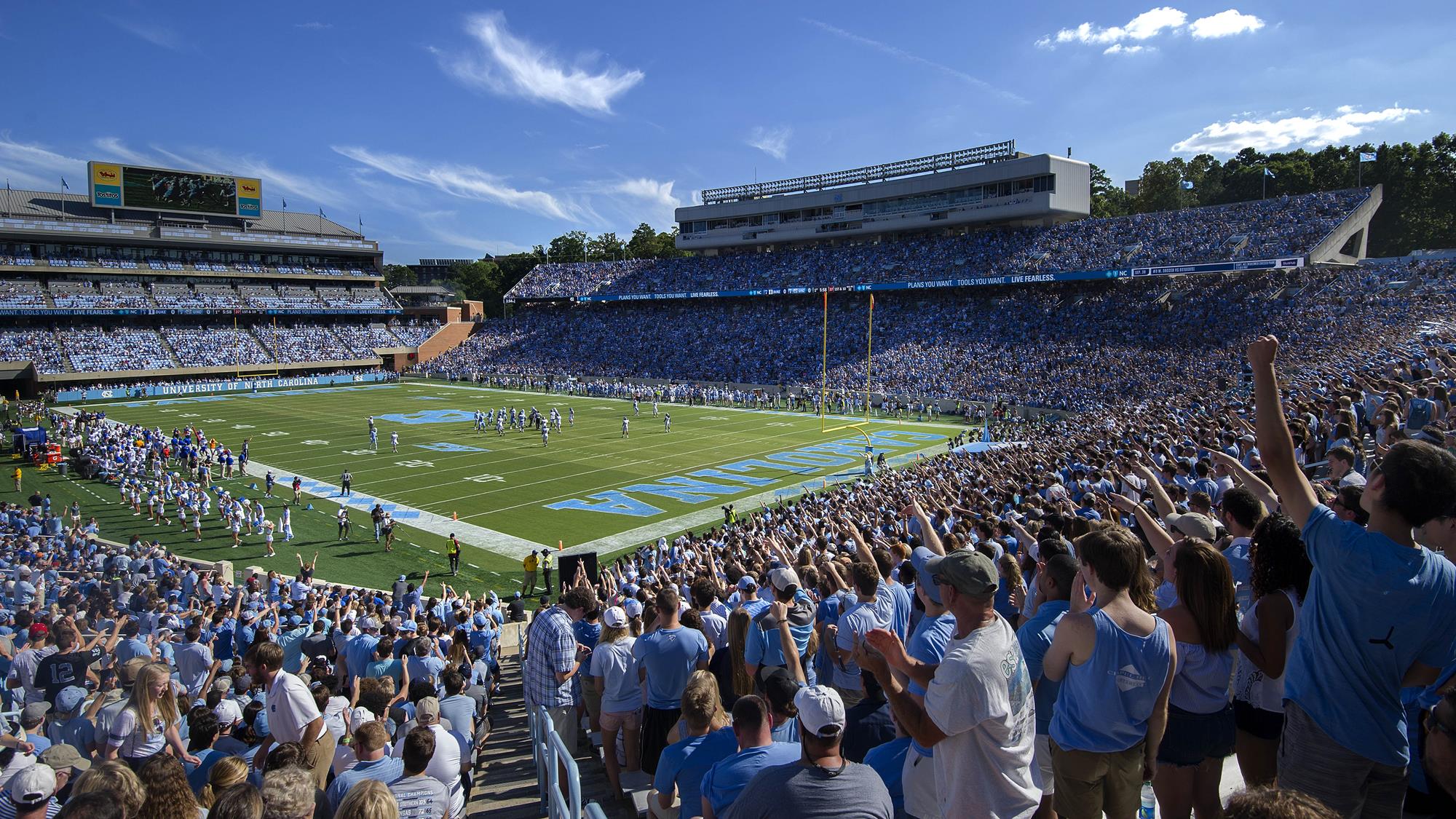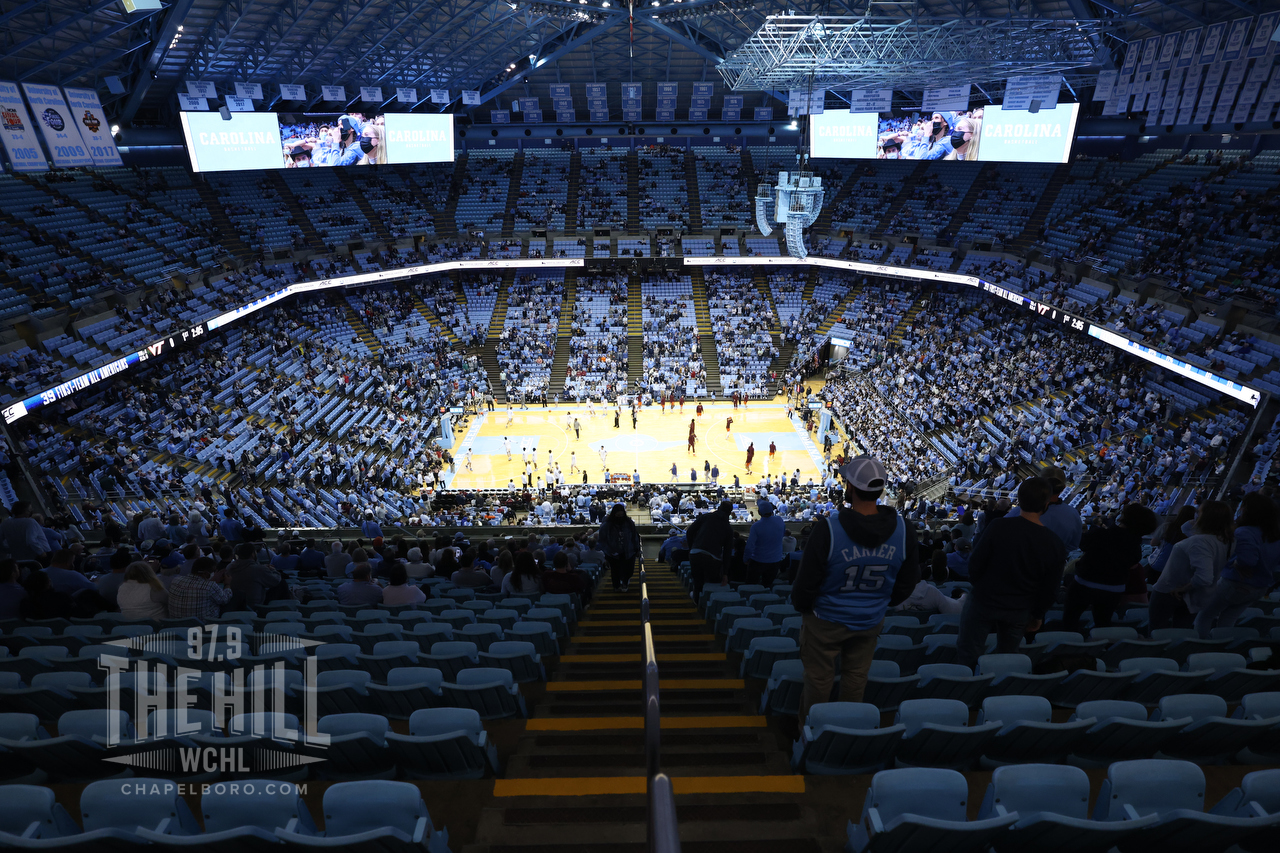
The introduction of NIL is one of the most sweeping changes to ever befall college athletics. Last summer saw the U.S. Supreme Court unanimously rule the NCAA’s amateurism rules regarding student-athletes violated antitrust law, opening the door for athletes to capitalize on their name, image and likeness in conjunction with businesses nationwide.
Since then, Tar Heel stars across campus have used their NIL rights in unique ways. Men’s basketball star Armando Bacot has done everything from appearing in the popular Netflix series “Outer Banks” to throwing out the first pitch at a Baltimore Orioles game. Women’s basketball star Deja Kelly is a swimsuit model for Forever 21, and field hockey’s Erin Matson inked a deal with local business Chapel Hill Tire.
Luke Fedlam, president of Anomaly Sports Group and sports law partner at the firm Porter Wright, compared the introduction of NIL to another groundbreaking event in college athletics.
“Name, image and likeness is one of the biggest changes to college sports in 70 years, when student-athletes first started receiving college athletics scholarships,” Fedlam said. “And we hear about big names and big dollar amounts for some athletes, but that’s just a very select few. There are thousands of student-athletes engaging in name, image and likeness that are earning compensation and being able to help fund their academic experience.”
And while NIL money lining one’s pockets certainly presents multiple short-term benefits to college athletes, Fedlam pointed to another, longer-term benefit of the flow of income.
“When we think about it from an educational perspective, it creates the opportunity for student-athletes to learn about business in ways that they never really did before,” he said. “Because now it’s practical and it’s in the moment. And they need to learn and understand things like taxes and budgeting and money. So on the whole, it’s been a net positive for college sports.”
According to UNC associate athletic director Nate Wood, Carolina and athletic director Bubba Cunningham have been on the forefront of the NIL game since North Carolina’s NIL legislation went into effect on July 2 of last year.
“We were the first school in the nation to partner with Brandr, which is a group license company,” said Wood. “And they do group licenses for the NFL and the [MLB Players’ Association], because [Cunningham] said, ‘Hey, if we’re gonna do this, let’s do it right. And let’s make the most of it for our student-athletes to help them out.’ And basically what that allows is for companies to pair student-athletes’ name, image and likeness with UNC marks and logos.”
The rapidity with which NIL was introduced into the college sports industry has left a rather large gray area in regards to its rules. For example, different states have different laws regarding how involved a school can be in NIL negotiations, meaning no conference has one firm rulebook. NIL has also combined with the booming transfer portal to become a recruiting chip, which has drawn the ire of many a college football coach.
And while Fedlam does view NIL as a net positive, there are places where he feels NIL has overstepped its bounds.
“To be able to then say, ‘We’re gonna promise you these deals,’ that’s a bridge too far when it comes to this recruiting aspect,” he said. “And the NCAA is trying to crack down on that.”
Still, despite its drawbacks, NIL appears to be here to stay. Fedlam gave a preview of what he feels the college athletics picture will look like one year from now.
“We’re gonna see schools become more and more innovative with how they’re helping or working with their student-athletes in this name, image and likeness space,” he said. “And unfortunately a year from now, we’re probably gonna see some stories of athletes who have been either taken advantage of, or have realized that they didn’t pay their taxes and they need to. We know that when money is involved, that some of those challenges are gonna come up as well.”
Those challenges will define a rapidly changing college athletics landscape. With both NIL and large-scale conference realignment playing out in front of our eyes, it’s safe to say this isn’t your father’s NCAA.
Featured image via Todd Melet
Chapelboro.com does not charge subscription fees, and you can directly support our efforts in local journalism here. Want more of what you see on Chapelboro? Let us bring free local news and community information to you by signing up for our biweekly newsletter.

